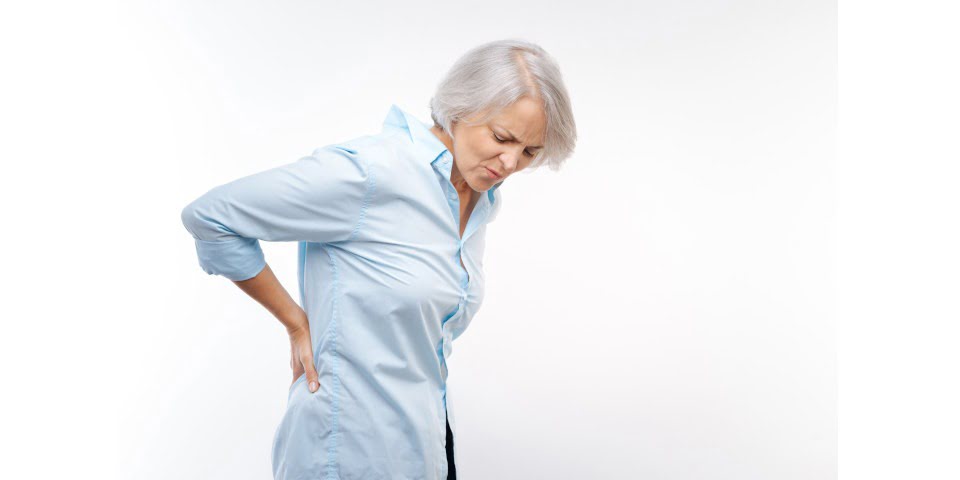‘Arthritis’ is a term for a group of conditions that cause damage to the joints, usually resulting in pain and stiffness, according to Arthritis Australia.[1]
Of the more than 100 forms of arthritis, the most common are osteoarthritis, rheumatoid arthritis and gout.
Emily Thorpe, Senior Pharmacist Trainer and Assessor from the Pharmaceutical Society of Australia (PSA) says colder weather, as well as spending more time indoors and being less mobile, can cause stiffness in joints, which can be painful.
Arthritis pain can be caused by:
- Inflammation.
- Damage to joints.
- Muscle tension.
The most common symptoms are pain, stiffness, swelling, redness and warmth in a joint, and tiredness.
It may take several visits before a doctor can determine the type of arthritis because some types can be hard to diagnose in the early stages. A doctor may also refer patients to a specialist arthritis doctor for more tests.
There is no cure for osteoarthritis, and current treatment options on the market mostly address the symptoms.
Management strategies
- Analgesia and alternatives <bold)
Arthritis Australia says some of the medications that pharmacists may discuss include:
- Analgesics such as paracetamol for pain relief.
- Non-steroidal anti-inflammatory drugs (NSAIDs) to reduce inflammation, joint swelling, and stiffness. NSAIDs and corticosteroids are often used to treat inflammatory forms of arthritis, such as rheumatoid arthritis. Corticosteroids can also be used to treat a single inflamed joint.
Many patients may also turn to alternatives, especially as the negative long-term side effects of analgesia are becoming more known, says Dr David Hunter, Professor of Medicine at the University of Sydney.
“These alternatives include omega-3 fatty acids, such as fish oil,” he said.
“There’s been limited effectiveness shown for commonly used supplements such as glucosamine and chondroitin. Curcumin and Boswellia have modest effects and can be worth trialling for three to four weeks, to see if an individual gains a benefit from their use.”
- Exercise
Physical activity is one of the most effective treatments for arthritis, Arthritis Australia advises.
- Heat and cold packs
Arthritis Australia suggests using such packs, as heat relaxes muscles and stimulates blood circulation, while cold numbs the painful area and reduces swelling.
- Conserving energy
Patients can try to protect their joints by avoiding activities that cause pain, breaking up tasks into smaller parts and getting help when they need. Other interventions Arthritis Australia states might be helpful include massage, acupuncture and relaxation techniques such as meditation.
Pain prevention
- Keep warm and active
Professor Hunter advises patients to stay warm and keep active every day, moving gently at home to raise their internal body warmth, walking and practising yoga.
- Nutrition
Arthritis Australia states there is very little evidence that specific foods have an effect on arthritis. However, the Arthritis Foundation[2] reports a diet containing anti-inflammatory food such as fish, nuts and seeds – for example, the Mediterranean diet – may be helpful for joint health and fighting inflammation. It’s also important to avoid weight gain, which can worsen arthritis symptoms.
Pharmacists
“Most critically, pharmacists understand drug interactions,” Professor Hunter said. “Often, the patient will have two to three comorbidities and illnesses such as high blood pressure, diabetes, or depression, and be on several medications for these.
“If the pharmacist suspects it’s more than just acute pain, and it’s been ongoing for some time, a referral can be made to a GP.”
References
- arthritisaustralia.com.au/
- arthritis.org/health-wellness/healthy-living/nutrition/anti-inflammatory/the-ultimate-arthritis-diet
This feature was originally published in the May issue of Retail Pharmacy magazine.








